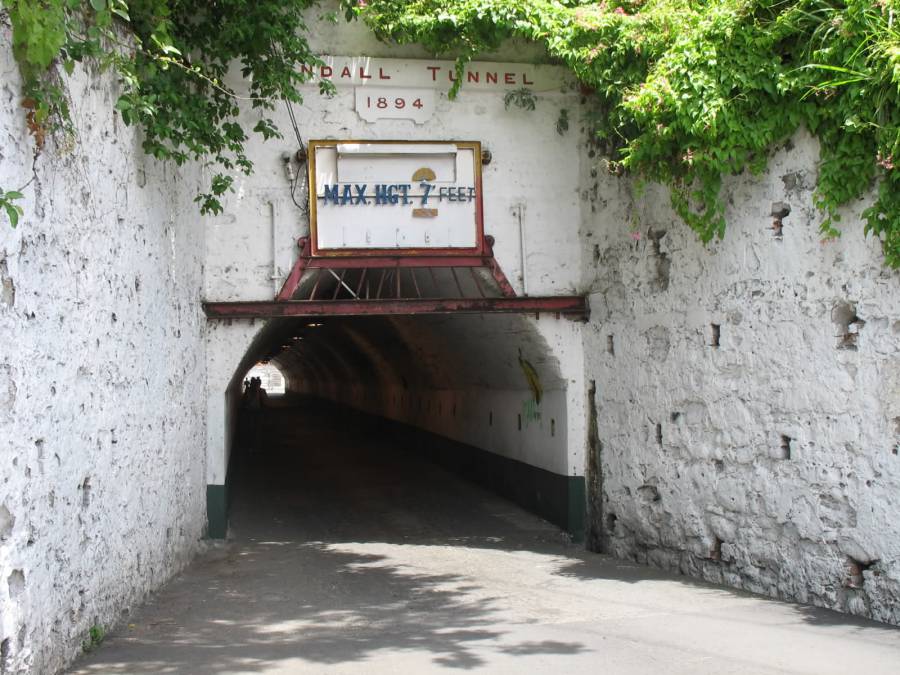In the wake of the scandal surrounding Prince Andrew’s association with Jeffrey Epstein, communities in the United Kingdom are demanding the removal of his name from public spaces. This has sparked a broader reflection on the Caribbean’s colonial legacy, where the names of enslavers and colonial figures still dominate the landscape. Centuries after European enslavement and genocide, these names serve as painful reminders of injustice and subjugation. Research in psychogeography and intergenerational trauma reveals that constant exposure to such symbols can inflict deep psychological harm, a phenomenon Dr. Joy DeGruy terms “insidious trauma.” The celebration of these figures perpetuates a psychological landscape of pain and institutionalized racism. Addressing this imbalance is not about erasing history but reclaiming the present and inspiring future generations with stories of resilience and courage. The United Nations’ Second International Decade for People of African Descent (2025–2034), themed “Recognition, Justice, and Development,” provides a timely framework for this reckoning. Caribbean nations, including Grenada, are urged to honor indigenous and African-descended heroes and advocate for reparative justice. The removal of colonial monuments, as seen in the UK’s 2020 court case where the toppling of a statue was defended as a response to “hate,” offers a precedent for democratic action. Renaming public spaces is more than symbolic; it is an act of psychological liberation, fostering national pride, cultural validation, and collective healing. By replacing colonial names with those of ancestors who championed freedom and justice, the Caribbean can transform its soundscape from dissonance to harmony, embodying unity forged through struggle.
